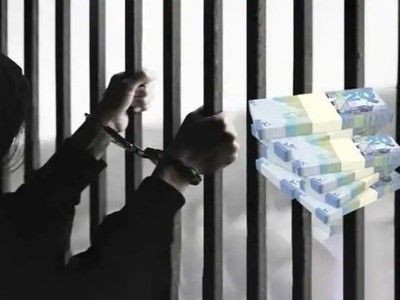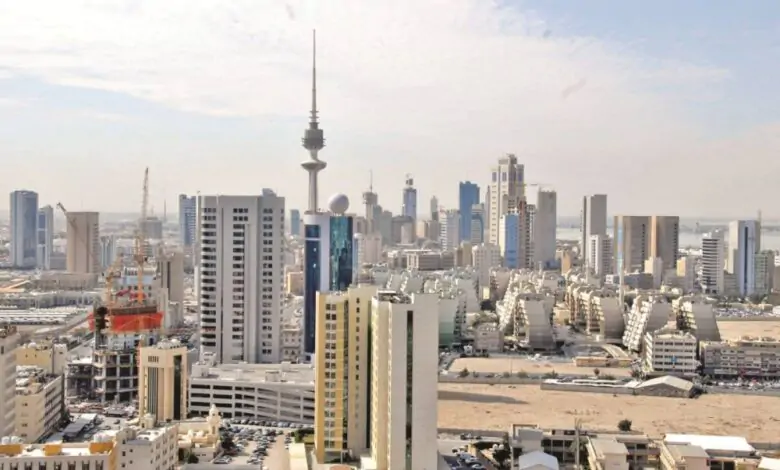KUWAIT CITY, April 19: National Bank of Kuwait (NBK) ranked as the most valuable and strongest banking brand in Kuwait for 2025, according to Brand Finance’s annual report. Brand Finance’s 2025 report highlighted NBK’s success in widening the gap with its competitors in Kuwait in terms of brand value and strength. The bank’s brand value surged by 22%, reaching US$1.738 billion, up from US$1.428 billion in 2024, placing it tenth among the most valuable banking brands in the Middle East.
Its Brand Strength Index (BSI) also improved to 83.3 points, up from 81.2 points in 2024.NBK continues to lead in Kuwait as the strongest banking brand for the fourteenth consecutive year and ranks third among the strongest banking brands in the region. Globally, NBK secured the 154th spot on Brand Finance’s 2025 list of the world’s 500 most valuable banking brands, climbing 12 places from its 2024 ranking. The bank also ranked 61st worldwide in brand strength, reinforcing its position among the strongest banking brands regionally and internationally. This recognition reflects NBK’s solid financial performance and growth prospects, assessed based on key criteria such as profitability margins and revenue. This strong brand rating underscores the trust NBK enjoys among customers and shareholders, reinforcing its distinguished reputation locally, regionally, and globally.
It also reflects the bank’s solid financial performance, its expanding geographic footprint across 13 countries on four continents, and its strategic presence – key factors that drive shareholder returns and enhance its offerings to deliver best-inclass banking products and services. This rating further highlights the success of NBK’s strategic approach in reinforcing its identity and enhancing its brand strength. Brand Finance is the world’s leading independent brand valuation and strategy consultancy. Headquartered in London, the firm has offices in over 20 countries.
The company’s trademark valuation is based on rigorous criteria, including the scale of operations, geographical reach, global and regional reputation, brand classification, and intellectual property. NBK remains firmly committed to maintaining its leadership position and securing the highest credit ratings among all banks in the region, as affirmed by the consensus of renowned credit rating agencies: Moody’s, Standard & Poor’s, and Fitch.
The Bank holds long-term ratings of A1 from Moody’s, A+ from Fitch Ratings, and A from Standard & Poor’s, underpinned by its robust capitalization, consistent performance growth, high asset quality, cautious lending policies, effective risk management, and experienced and stable leadership.
NBK’s standing among the safest banks in the world underscores the strength of its brand, as the bank continues to expand and foster innovation. It remains committed to enhancing its presence in key regional markets by offering innovative banking services tailored to meet its customers’ needs, irrespective of their geographic location. According to Global Finance’s 2024 list of the 100 safest banks in the world, NBK was the sole Kuwaiti bank featured, securing the 83rd position globally. This achievement highlights the strong global confidence in the bank.

 Latest News23 hours ago
Latest News23 hours ago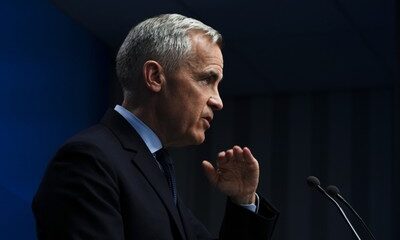
 Business13 hours ago
Business13 hours ago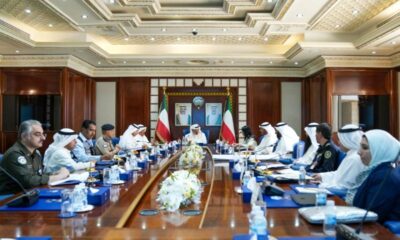
 Latest News20 hours ago
Latest News20 hours ago
 Business4 hours ago
Business4 hours ago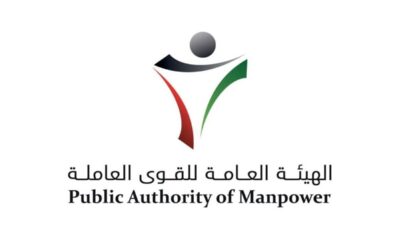
 Latest News21 hours ago
Latest News21 hours ago
 Business12 hours ago
Business12 hours ago
 Latest News19 hours ago
Latest News19 hours ago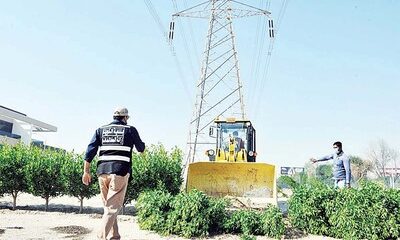
 Politics12 hours ago
Politics12 hours ago









